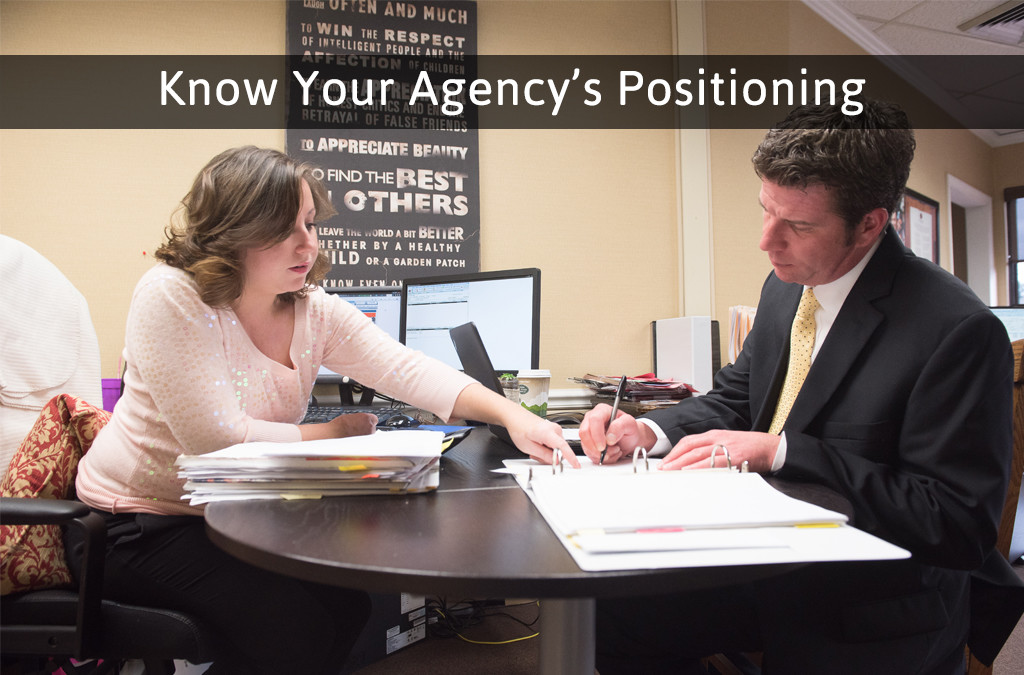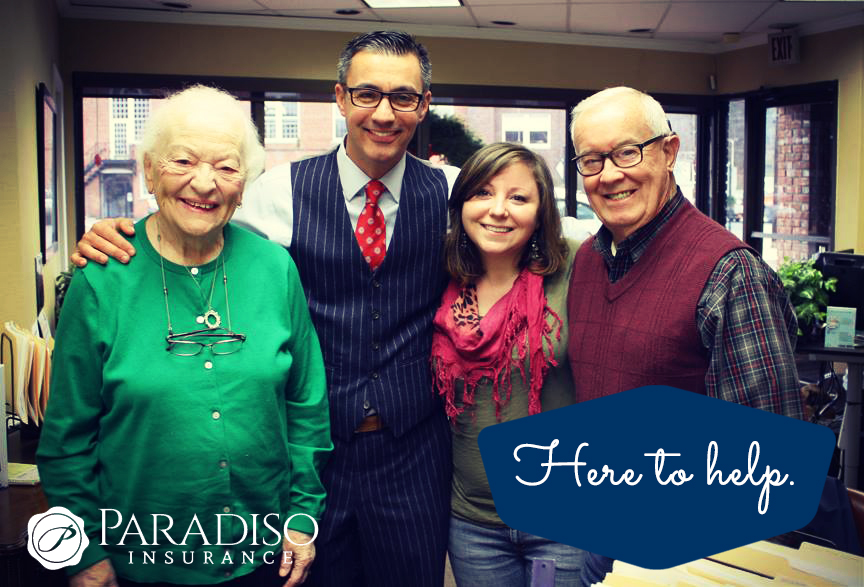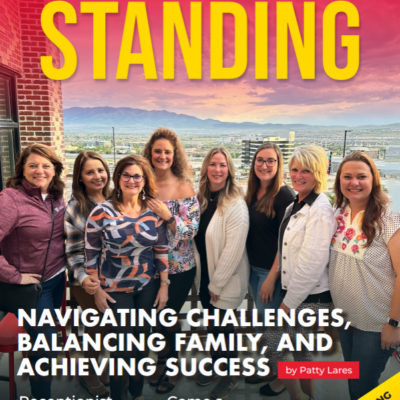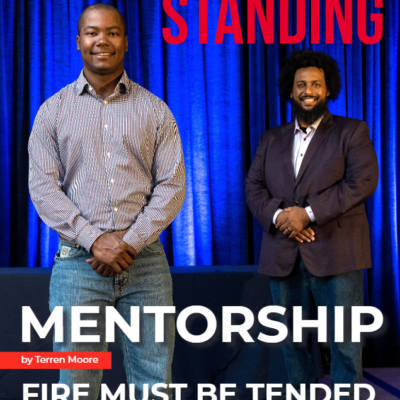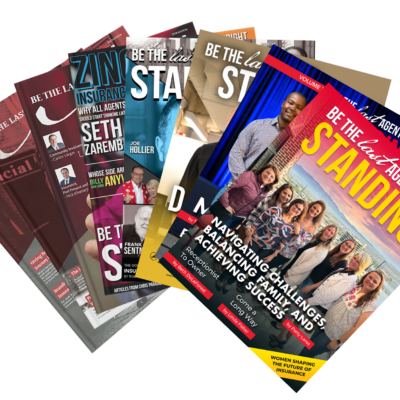Once you define your brand, as I discussed in my article, “Personal Branding in the Digital Age,” positioning is the next natural step. First we must define “positioning;” in the world of branding, it’s how we differentiate our services and/or insurance products from our competition. With that being said, we must create a positioning statement, which tells others why they should choose us over other insurance agencies.
Positioning is one of the most powerful principles of your insurance agency’s branding strategy. Many people over-complicate it, but my approach is very simple – I make it understandable and applicable to my personal/agency’s brand.
Our marketing team here at Paradiso Insurance looks at positioning as the space we want to occupy in our prospects’ and or customers’ minds when they think about us. If you’re an agent or an insurance agency owner trying to create a strong personal brand, you would want to look at positioning as how you want others to feel about you, whether it’s a friend, prospect, or a current client of yours.
We use pictures like this one in our social media to capture our brand visually and send our customers a message that we are real people and we are here to help them with their insurance needs.
Please do not make the mistake of thinking about positioning as a statement about you or your insurance agency; look at it rather as a statement that captures who you are or you your agency is all about. It is all about the emotional side. If done right, it will give the person an emotional reason for wanting to be around you. It must capture the essence of who you are and how you have defined your personal brand.
A great example is Nike, because they don’t push out “sports gear or sneakers,” which really is a statement about what the brand makes and sells. Instead, look at the positioning of Nike and how they capture their brand, and how it makes their prospects or customers feel. Instead of, “sports gear or sneakers,” they would actually use something like “gear to motivate the weekend warrior,” because that statement is much more emotional and descriptive of what the brand does for customers, and it ties directly to Nike’s brand tagline, “Just Do It!” Another great example would be to look at Volvo or Tom’s Shoes; they too do a great job in positioning when it comes to their marketing. Now, I have given you some examples outside the insurance industry, but let’s look at Geico and Progressive. Let’s start with Geico. They sell insurance, but when you watch their ads, it’s a Lizard talking to you, and they only have 2 messages for you, which speaks nothing to insurance; it’s all about saving 15% in 15 minutes, which really means it’s all about speed and savings. Nothing is ever really talked about when it comes to coverages and/or protection. You may look at them and think that there is no emotional part of their marketing strategy, but I would tell you that it’s all about the client who wants it fast, first and foremost, and that their secondary message is that they can save you 15%. It’s certainly not the message I want to send but it got millions of people calling them.
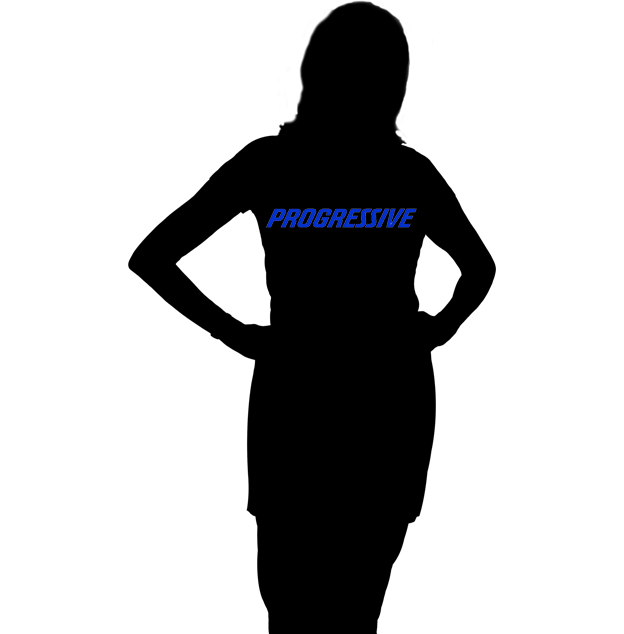 Next, let’s look at Progressive. You see Flo in just about every ad, and in many of the ads, it shows two geeky guys as insurance agents. In retrospect, they are making fun of us, and in the background, there are boxes of insurance. First of all, we all know you don’t buy insurance out of a box because insurance is not a commodity, and secondly, Flo will come out with a price gun and tell you to name that price. Really? I can pick my price? When you look at Progressive, they too do not talk about coverage, they talk all about price, price, and price. The emotional side is like Geico – it’s all about savings and the technology they use to make it easy for their clients.
Next, let’s look at Progressive. You see Flo in just about every ad, and in many of the ads, it shows two geeky guys as insurance agents. In retrospect, they are making fun of us, and in the background, there are boxes of insurance. First of all, we all know you don’t buy insurance out of a box because insurance is not a commodity, and secondly, Flo will come out with a price gun and tell you to name that price. Really? I can pick my price? When you look at Progressive, they too do not talk about coverage, they talk all about price, price, and price. The emotional side is like Geico – it’s all about savings and the technology they use to make it easy for their clients.
You can take this same approach with your own brand by using your own personal attributes as an outline of your personal brand definition. From there, you’ll be able to craft a positioning statement that captures (the most important step) how you want people to feel about you or your insurance agency.
Let’s look at my situation as an example; I’m an insurance agency owner, or as I also say, “an entrepreneur/insurance salesperson.” I’ve spent my entire career working with prospects, companies, and organizations to try to insure them properly and to make sure we have protected their financial future, whether it be individually, for their business, or in many cases, both. We are an agency that will sit down with you and teach you what’s important to you, and put together a strategy to protect what you love most. You are always worth more than 15 minutes to us. While my positioning statement is factually-based, it also has a sense of emotion to it, because it talks about their financial future, and how I want to sit down with them and learn about them and their circumstances.
This positioning statement allows others to see who I am.
Next time you are in a job interview or you’re out networking in your community and someone asks you to, “Tell me about yourself,” you can lead in with a short, descriptive, and powerful positioning statement. You will be well prepared, and in some cases, it is like an elevator pitch (or similar to one), but the key is to communicate it shortly and with confidence.
Next let’s look at your elevator pitch, which is, and should be, an extension of your (personal or agency) positioning statement. This provides you with a little bit more detail. Did you ever wonder where the term “elevator pitch” comes from? It comes from the notion that you should be able to tell your story (brand/positioning statement) to someone in the length of time it takes to ride the elevator. Just think, you have 30 seconds, plus or minus, to convince someone to buy from you or else they will turn you off. The elevator pitch is short and to the point. Once again, the key is to be prepared and confident.
In my own elevator pitch, I would describe how and why I started my career in the insurance space, learned the fundamentals of life insurance and investments, then moved into the Property and Casualty arena. After that, I went on to start my own marketing company with all benefits going to a charity that is near and dear to my heart, which is to take care of intellectually disabled people, like my sister. This is very short and to the point, yet illustrates the components that make up my positioning statement, and it has the emotional side to it as well.
With my pitch to you and your agency, you need to get down both your personal positioning along with your agency’s. Once that is done, move onto your elevator pitch. Remember one thing; practice until it’s comfortable to you, because if it comes out without any emotion, then it will come off fake, and be of no help for you in your insurance career. By understanding your positioning, your marketing will have an emotional connection, which will help drive your insurance agency’s success. Happy Marketing everyone!

